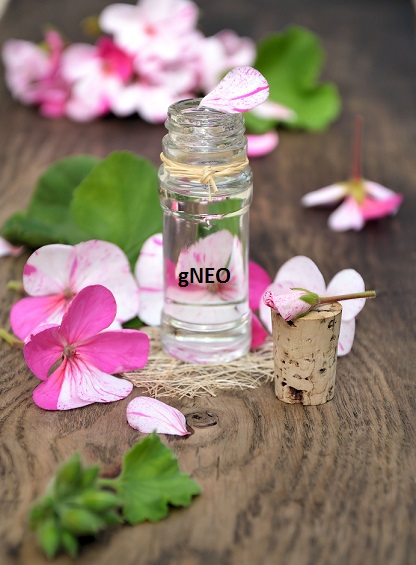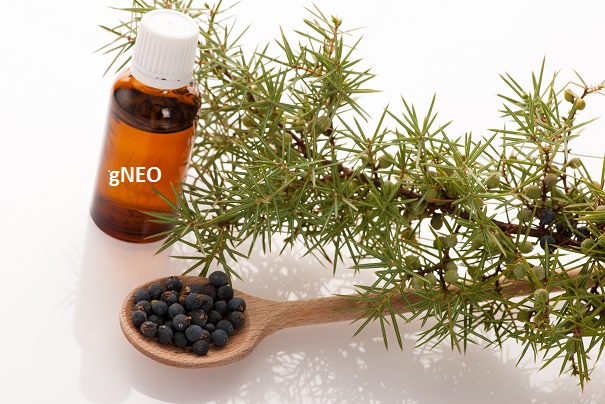Description: Agarwood Essential Oil is one of the most precious essential oils in the world. Depending on the origin, people also refer to it as Oud oil, Aloeswood, and various other names. Agarwood has held value in many cultures and religions for its unique fragrance, which is a combination of “oriental-woody” and “fruity-floral” notes. In early Chinese and Japanese civilizations, the wood was crushed then heated. The resin extracted is made use in perfumery, while in ancient India, it was used in Ayurvedic medicine to treat a variety of physical and mental conditions. The Agarwood tree is rarely found growing in the wild now-a-days. Aquilaria malaccensis, the main oil-producing species is considered “threatened” by many conservationist organizations. Many countries have consequently made it illegal to cut down the tree in natural forests.
Because of its rarity, Agarwood essential oil is one of the most expensive natural extracts in today’s market. No other similar species or known synthetics have successfully replicated its scent, making it highly distinctive. Agarwood oil brings alertness, calms the nervous system, relieves anxiety, invokes a sense of strength and peace. Large-scale production of the oil takes place in Southeast Asia, particularly India, Bhutan, Vietnam, Cambodia, The Philippines, and Indonesia.
Botanical Name: Aquilaria agallocha
Plant Part: Trees
Extraction Method: Steam distillation
Odor and Appearance: Thick and resinous with a deep shade of brown, intense aroma.
Country of origin: India
Main Constituents: a-agarofuran, 4-phenyl-2-butanone, furfural and benzaldehyde
Common Uses: Agarwood is widely used in perfumery and is valued for its distinct aroma, with therapeutic properties and cultural significance in ceremonies and traditional medicine.
Note: Base note.
Blends well with: Agarwood blends well with a variety of fragrance notes, adding depth, complexity, and an exotic touch to perfumes. Some common ingredients that harmonize nicely with agarwood include rose, ylang-ylang, saffron, cardamom, cinnamon, bergamot, lemon etc.
Contraindications: Agarwood essential oil is considered safe to use in moderation, both topically as well as internally. However, it is always best to do a patch test before applying it extensively to the skin. Diluting it adequately with a suitable carrier oil is necessary. Lengthy exposure to Agarwood fumes may induce drowsiness and encourage unwanted sleep. Do not inhale it if you are about to drive or operate machinery. Agarwood is not recommended for children under six years old. It should only be administered sparingly to older kids. Medical practitioners should be consulted by pregnant or nursing women before using Agarwood oil or any of its blends.
*These statements have not been evaluated by the Food and Drug Administration. This product is not intended to diagnose, treat, cure, or prevent any disease.*
For large quantities please contact us via our phone number or through the Contact Us page.
Like us on Facebook.








Reviews
There are no reviews yet